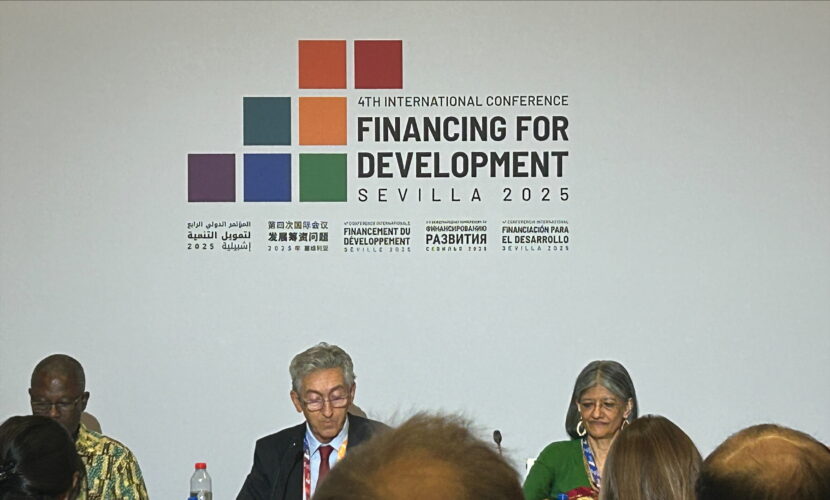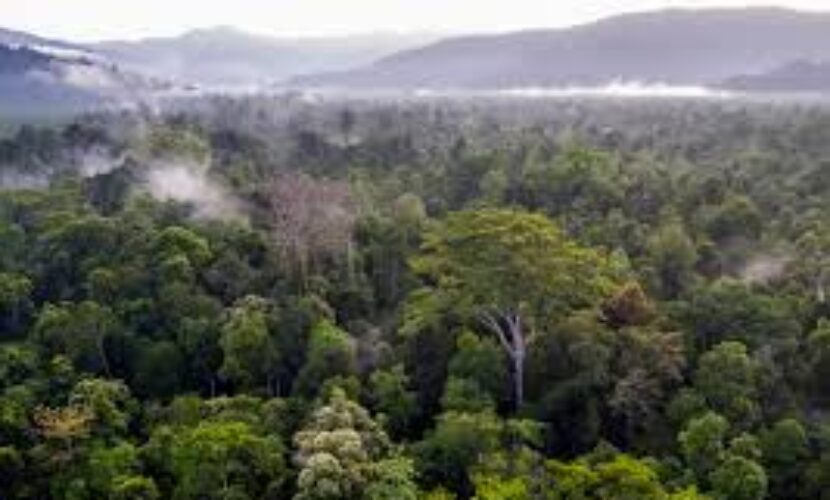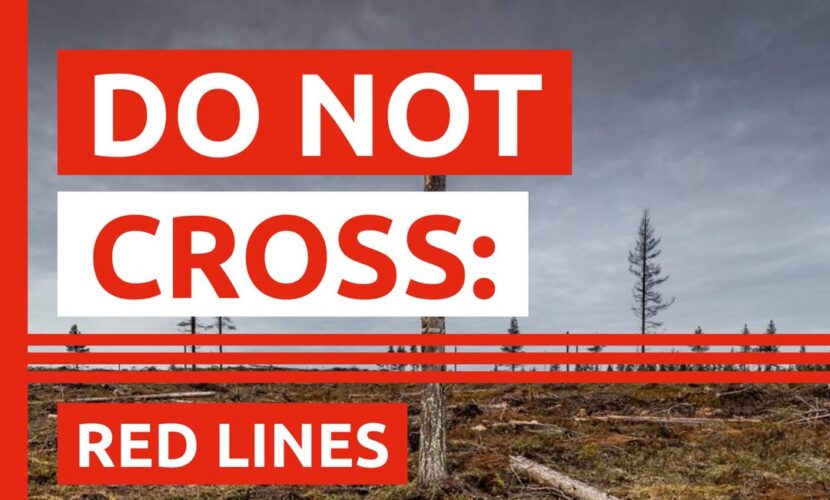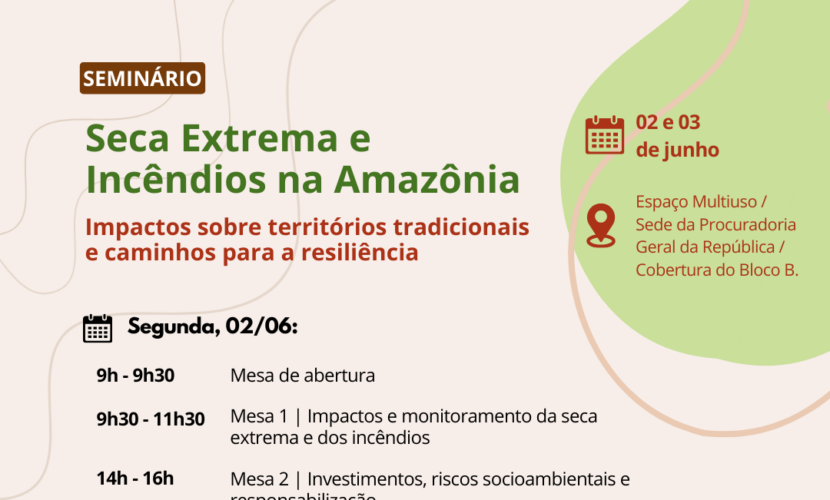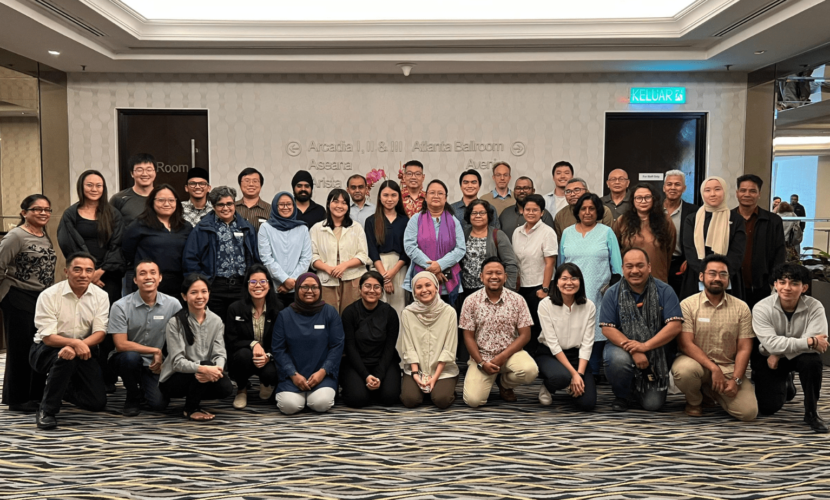最新記事&分析
Forests & Finance Workshop in Malaysia
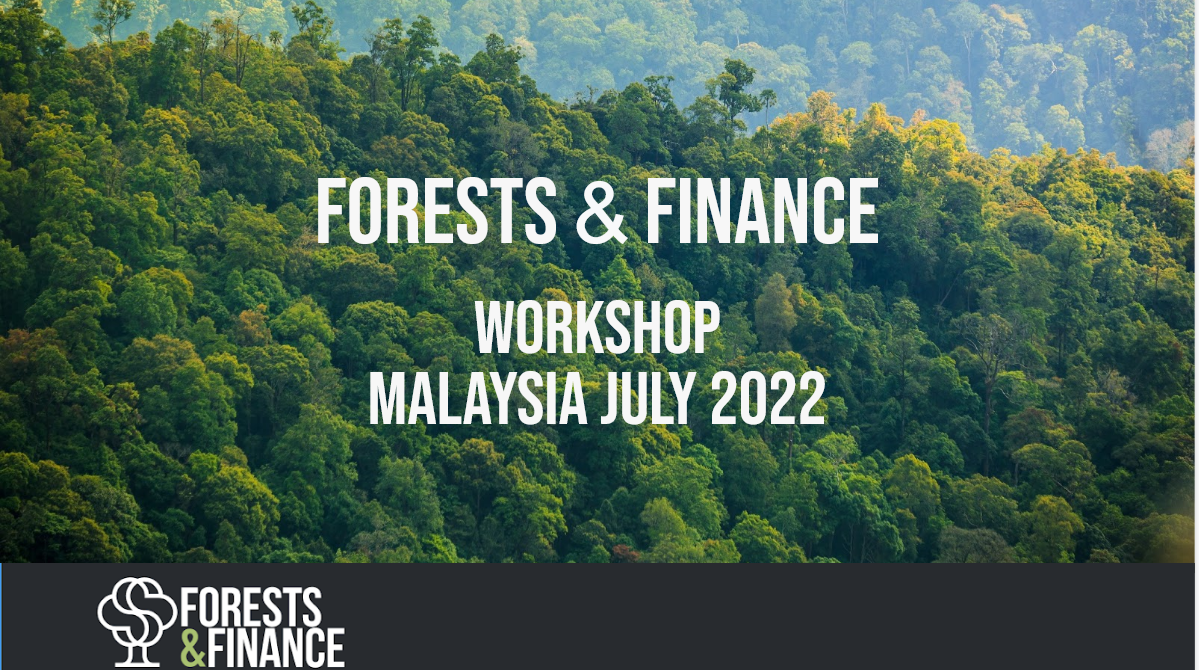
Malaysian CSOs learn the links between finance and forest protection
On July 5 and 6, Sahabat Alam Malaysia and Profundo, as part of the Forests and Finance Coalition, organised a 2-day introductory capacity-building workshop for Malaysian civil society organisations (CSOs) in Kuala Lumpur.
The workshop was attended by 16 participants from 10 CSOs, which included groups that work on forests, climate change, community rights and fisheries.
The overarching objective of the workshop was to build the capacity of CSOs and increase their understanding of the financial sector and its impacts on forests and communities. Participants learnt about how the finance sector operates and its impacts on sustainability and social justice; the role of responsible investment and financing policies in the finance sector; how responsible financiers can drive improvements in the standards and practices of companies engaged in forest-risk commodity supply chains; and how the Forests & Finance website can be used in their work and campaigns.
This workshop was designed to allow the participants to learn more about how the players in the financial sector, which includes banks and institutional investors, operate and make decisions. The workshop participants, who mostly prior to this, may have had modest knowledge on such matters, greatly benefitted from the exchanges and sharing conducted during the workshop.
Among others, the participants learnt about the different types of banks and governance models; the role of capital markets; human rights, social and environmental impacts of the financial institutions’ operations; and how due diligence is conducted and decisions are made in the sector. The workshop also discussed how to read a company’s balance sheet (assets;
debt and other liabilities; shareholders’ equity) and which financial institutions provide debt and equity. Last but not least, the workshop also discussed the standards and regulations for financial institutions on environmental, social and governance (ESG) issues and how they can exert more influence on such issues.
During the second day of the workshop, SAM convened a panel discussion for speakers from the financial sector to speak about standards and regulations for banks on human rights, social and environmental issues, sustainability policies and commitment. They also shared their experiences in developing and implementing ESG risk frameworks, including challenges faced in implementing these policies. The session provided an opportunity for the CSOs to have an open conversation with speakers from the financial sector to exchange perspectives on ESG-related issues.
While this may be a new realm for SAM and many local CSOs, the institutional knowledge that we all have on environmental and social issues in Malaysia can help improve policymaking in the financial sector, so as to ensure that the sector does not contribute to deforestation and ecological degradation as well as violations of community rights.
Given the growing emphasis on ESG and sustainable finance in Malaysia and globally, and recognizing that sustainable finance is a relatively new field for many local CSOs, SAM will continue to build its own capacity and take active steps in knowledge sharing to build a collective understanding on this topic among the local CSOs.

